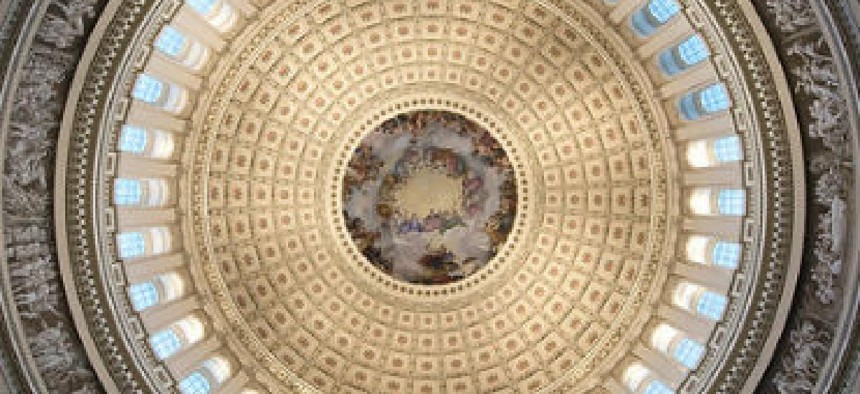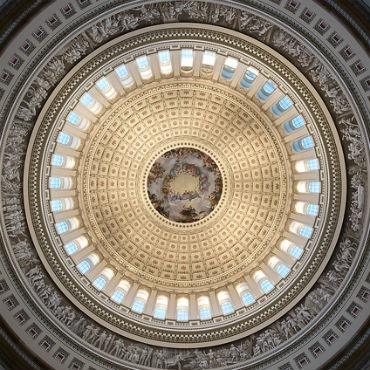Can tech geeks crack the codes of Congress?

A new challenge will call for ideas that use 21st century technology to reimagine legislative data.

The Library of Congress is calling on citizen coders for ideas for modernizing the American public's access to and understanding of the legislative process.
CIO Bud Barton announced at the June 27 Legislative Data and Transparency Conference that the LOC will be accepting applications from the public to compete in a legislative data application challenge, with prizes awarded to winning projects.
The purpose of the challenge is to reach out to the public to provide innovation solutions that marry centuries-old data with 21st century technology.
Additionally, Barton said he hopes the apps can change the way legislators do business and provide the public with greater transparency into the legislative process. Ultimately, he said, the goal is to encourage a "better understanding of the work being done in Washington."
"It may even provide insights for the people doing the work around the clock, both on the Hill, and in state and district offices," he said. The understanding gained from the apps "could have the power to evolve our democracy," he added.
Barton told FCW that LOC expects to consider applications from high school and above, but "we won't be limiting people who can apply and submit applications," so long as they fit the requisite skill set and want to work with the publicly available data. LOC will begin taking applications in the next couple weeks, he said, and the application window will likely be open for about six months.
Applicants must be approved by a review board of tech representatives from LOC, as well as from the House and Senate, before they can compete in the challenge, he said. Selected participants can then begin working with any public legislative data that's open for use.
While Barton estimated the challenge would last until the "beginning of next summer, depending on the types of inputs and the complexity of the apps" submitted, he said the duration has not yet been set in stone.
"I'm hoping [the challenge] takes a long time," he said, because that would mean the complexity of the applications in the challenge is higher.
In terms of what LOC thinks could improve the legislative process, Barton suggested that final projects could enable the digital comparisons of "data over many decades, and see what's been the debate on a certain topic over time."
Another app Barton posited is one that would show the subjects on which members of Congress have introduced legislation to make it easier for their colleagues to identify common interests and collaborate.
The competition is not expected to incur any additional costs, Barton said, and the prizes for winning applications will be announced in the near future.


